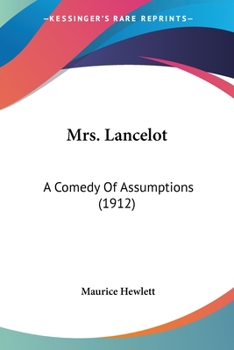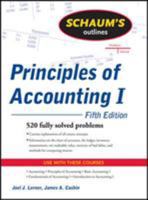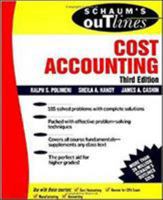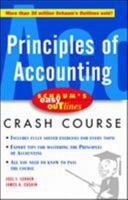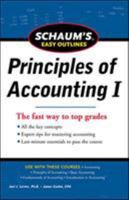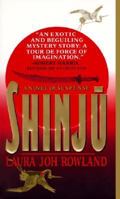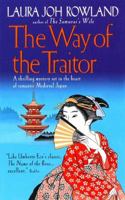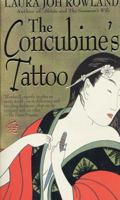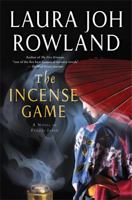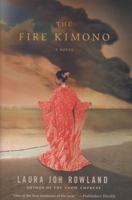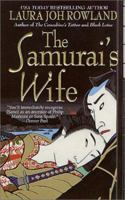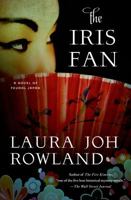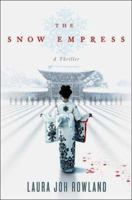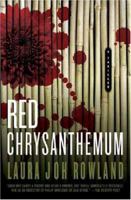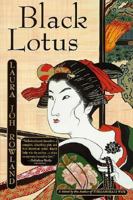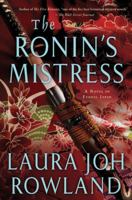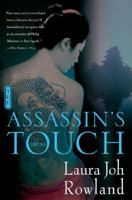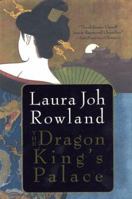Mrs. Lancelot; A Comedy of Assumptions
Select Format
Select Condition 
Book Overview
You Might Also Enjoy
Customer Reviews
Rated 5 starsA to Z and then some
Ever wondered why to break a mirror means 7 years of bad luck? Or why you should never walk under a ladder. And what about the number 13? Superstition still plays a part in our lives whether we wish to deny it or not, and reason does not always conquer instinct. Philippa Waring has done an admirable job of cataloging the world's most prevalent superstitions, and explains how and why they developed. Turns out that ladder is...
1Report
Rated 4 starsCrossing My Fingers
I had this book for many years until recently when I loaned it to someone who lost it. So I had to re-purchase it. I like this book because it is very easy to find the items. It is not like other books that are either too generic aor repeat and contradict themselves. It is just for fun so don't get too wrapped up in the meanings. Unless they work! Knock wood!
0Report
Rated 5 starsDictionary of Omens Review
Good source of information. However, I find all such books to give limited definitions. There was no cross reference between phrases and where the definition would be located. I was looking for ringing doorbell. There was no listing for doorbell. There was only a listing for bell. However I found that the one listing was geared more towards outdoor bells such as at a church than the common doorbell.
0Report
Rated 5 starsVery interesting book
Ever wonder why black cats are thought of as bad? Well, this book will tell you. This is a great book to have on hand. It's good to lok through, and then have ready when need be. Entertain your friends with alot of useless information. This book covers many different cultures, like French, english, American and more. Different cultures believe in differnt things.
0Report
Rated 5 starsGreat book
A Dictionary of Omens and Superstitions covers more than 500 portents, signs, and customs from all over the world, mainly from Europe and America. It reveals the origins of many modern superstitions such as walking under ladders (The Devil and the Triangle), and such sayings as "pinch me" (sailors who had spent long periods of time were often mistaken for ghosts when they returned, and so they were pinched to prove they were...
0Report











